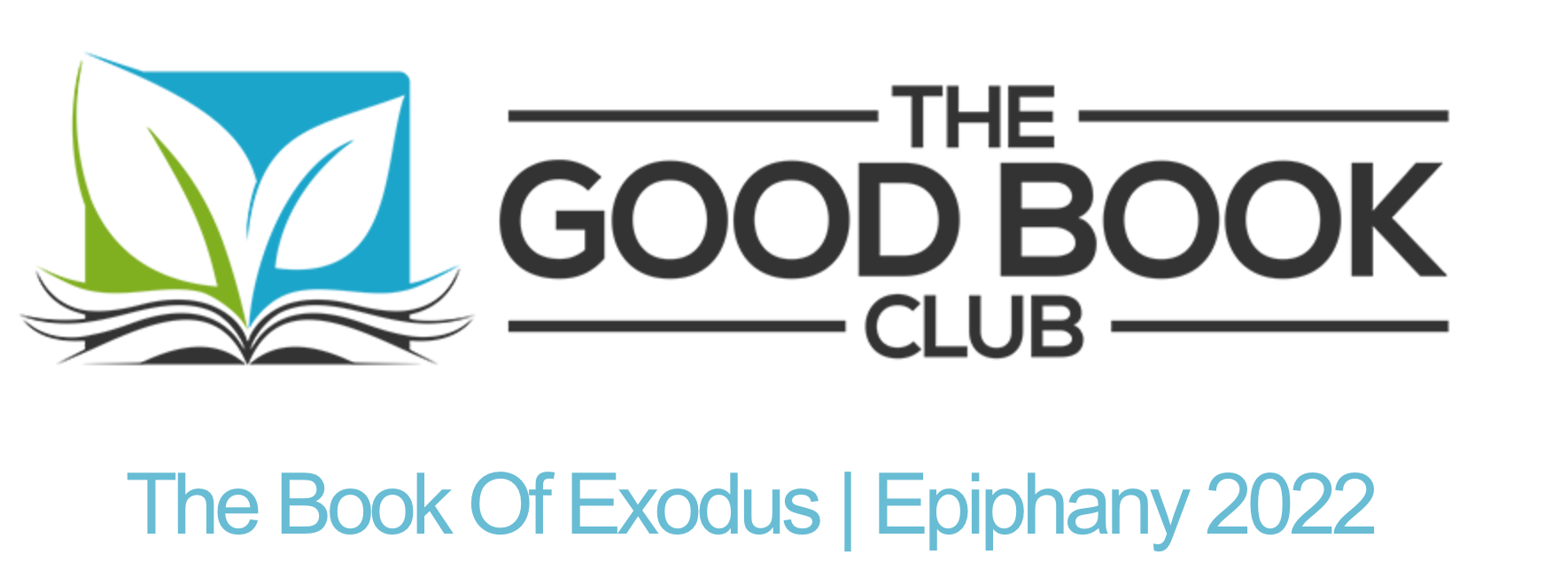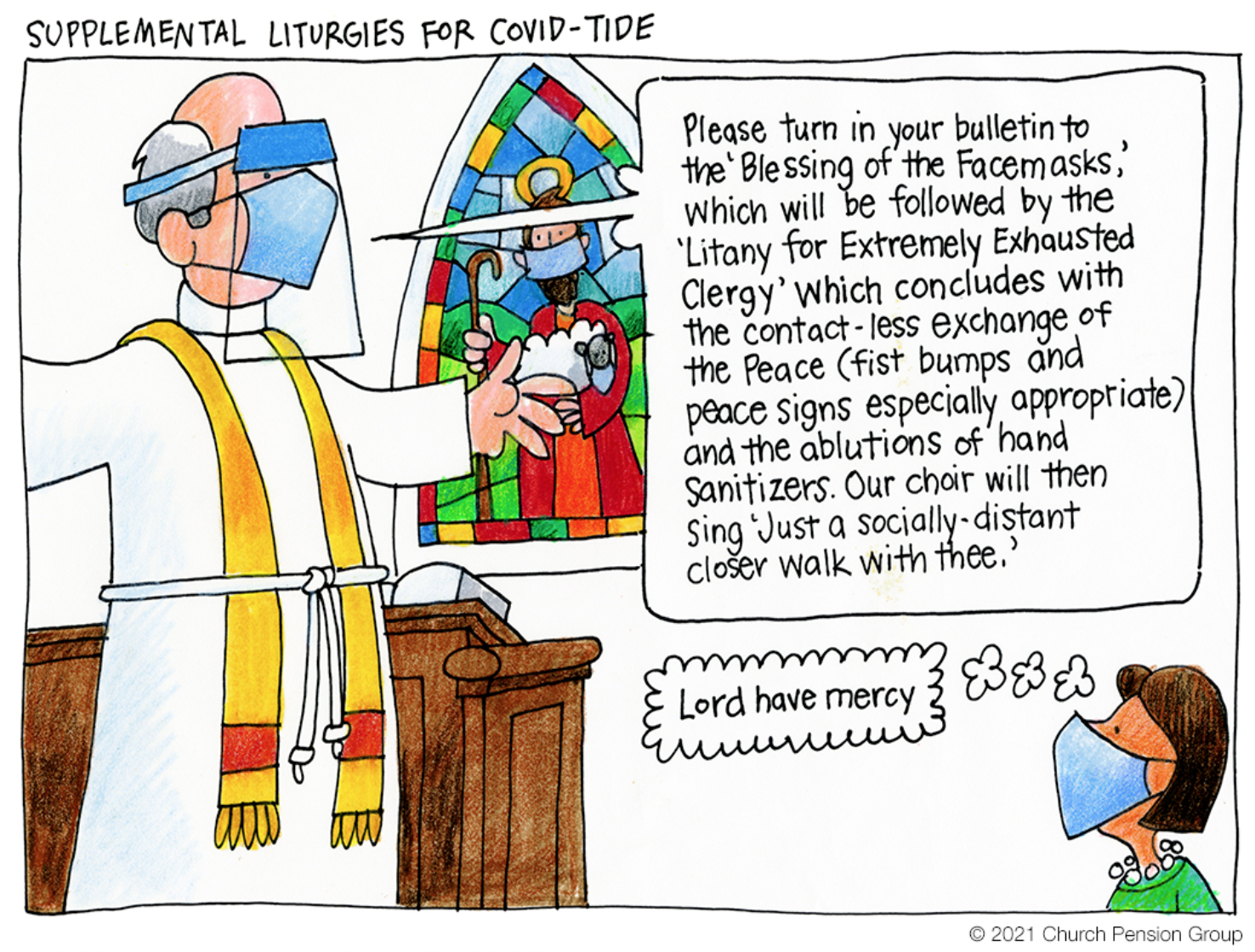
|
Create in me a clean heart, and renew a right spirit within me.
-Psalm 51:11
Almighty God, to you all hearts are open, all desires known, and from you no secrets are hid: Cleanse the thoughts of our hearts by the inspiration of your Holy Spirit, that we may perfectly love you, and worthily magnify your holy Name; through Christ our Lord. Amen.
-The Collect for Purity
I try not to commit a deliberate sin. I recognize that I’m going to do it anyhow, because I’m human and I’m tempted. And Christ set some almost impossible standards for us. Christ said, ‘I tell you that anyone who looks on a woman with lust has in his heart already committed adultery.” I’ve looked on a lot of women with lust. I’ve committed adultery in my heart many times. This is something that God recognizes I will do–and I have done it–and God forgives me for it.
-Jimmy Carter, in an interview with Playboy magazine in 1976
|
Lust (That’ll get your attention)
Jesus said: “You have heard that it was said, ‘You shall not commit adultery.’ But I tell you that anyone who looks at a woman lustfully has already committed adultery with her in his heart.”
-Matthew 5:27, 28
After a break for the Christmas season, we’re back with weekly reflection on the Sermon on the Mount, taking it in small bits to see what Jesus has to teach us about being a disciple these days. And as promised, this morning we get to reflect on lust and adultery. Don’t worry (or don’t be disappointed): content is PG.
Those of us of a certain age will remember that Jimmy Carter, a president who actually read the Bible, referenced these verses during his 1976 campaign. He admitted that while he’d been true to Rosalynn, he did at some point have lust in his heart. For a culture that was probably not as biblically literate as he was, it triggered both outrage and ridicule. These days, his offense seems tepid, given that one of his successors was caught lying about an adulterous affair with an intern and another was caught on tape boasting about sexual assault.
Jimmy Carter, a committed disciple of Jesus who demonstrates indefatigable discipleship well into his nineties, seemed to appreciate that Jesus is saying that what matters is what is in your heart. It’s in our nature to look at notorious, egregious acts of sinners and say: “Thank God I’m not like that person.” Jesus told parables to that effect. Meanwhile, we can easily mask, or perhaps deny what’s in our own inner world.
In the Sermon on the Mount, Jesus is speaking to disciples, people closest to him, ostensibly spiritual/religious folks and not notorious outsiders. While Jesus affirms the law forbidding adultery, he takes it further. He says that one needs to look at where that kind of action comes from. That lustful heart regards other people as objects. It ignores mutuality and fidelity, virtues that are key to committed relationships. And it is never quite satisfied. If that lustful regard is in the heart, Jesus says it’s not all that different from committing that sin forbidden by the law.
Again and again, in this sermon and elsewhere, Jesus says that the bottom line is what’s in the heart. If we harbor hateful or lustful thoughts, that puts us in the same boat as those who act on them with murder or adultery. So there’s no need to get all worked up about someone else’s failings. It’s better to begin with a look inward and see where we are giving our hearts.
I don’t know about you, but I often feel powerless over my own hateful and lustful thoughts. I often regard folks as objects, wondering what they can do for me. I can let resentments get the better of me, which brings out the worst in me. Those resentments are often fueled by a willful unwillingness to extend forgiveness, and a bit of amnesia that the dark terrain of my heart needs forgiveness too. I can imagine the joy of getting revenge and indulging in schadenfreude. Basically, I need help. In the face of powerlessness, where do we go for that kind of help?
We’re in the Epiphany season now, a season about light shining in darkness, about coming to see things in new ways, about Jesus showing up to help. As we launch out on this new year, perhaps each day we could pray the Collect for Purity which kicks off our worship when we gather for eucharist (conveniently reprinted above). It asks God to cleanse the thoughts of our hearts. Perhaps we could pray with the psalmist, asking God to create in us a clean heart (also found above). Perhaps we can cut each other some slack, suspending judgmental perspectives on others, a particular challenge for religious people. And maybe we can give thanks for the wideness of God’s mercy, God who knows our innermost thoughts and loves us anyway. Feel like giving that a try this week?
-Jay Sidebotham
Good Book Club to start 2022 with Exodus
Start the new year with a renewed spiritual practice of reading God’s Word. Forward Movement, with support from partners from around the Episcopal Church and Anglican Communion, will celebrate the time of Epiphany with a new round of the Good Book Club by reading the first half of the Book of Exodus.
Exodus recounts the journey of the Israelites from slavery to freedom. We hear the great stories of Moses, from his discovery by Pharaoh’s daughter on the bank of the river to the burning bush to his presentation of the Ten Commandments. Along the way, we encounter God’s covenant and explore the grand theme of redemption.
This year, we have a bonus time of scripture engagement: the Good Book Club will dive into the first twenty chapters of Exodus from Epiphany, January 6, to Shrove Tuesday, March 1. For those who want to keep reading, we’ll offer a daily reading guide and an overview of the second half of Exodus. That reading period will conclude on Easter.
The full schedule, including the list of daily readings is available at www.goodbookclub.org.
Sign up to receive updates on Exodus.
Joining the Good Book Club is easy: Open your Bible and start reading!



